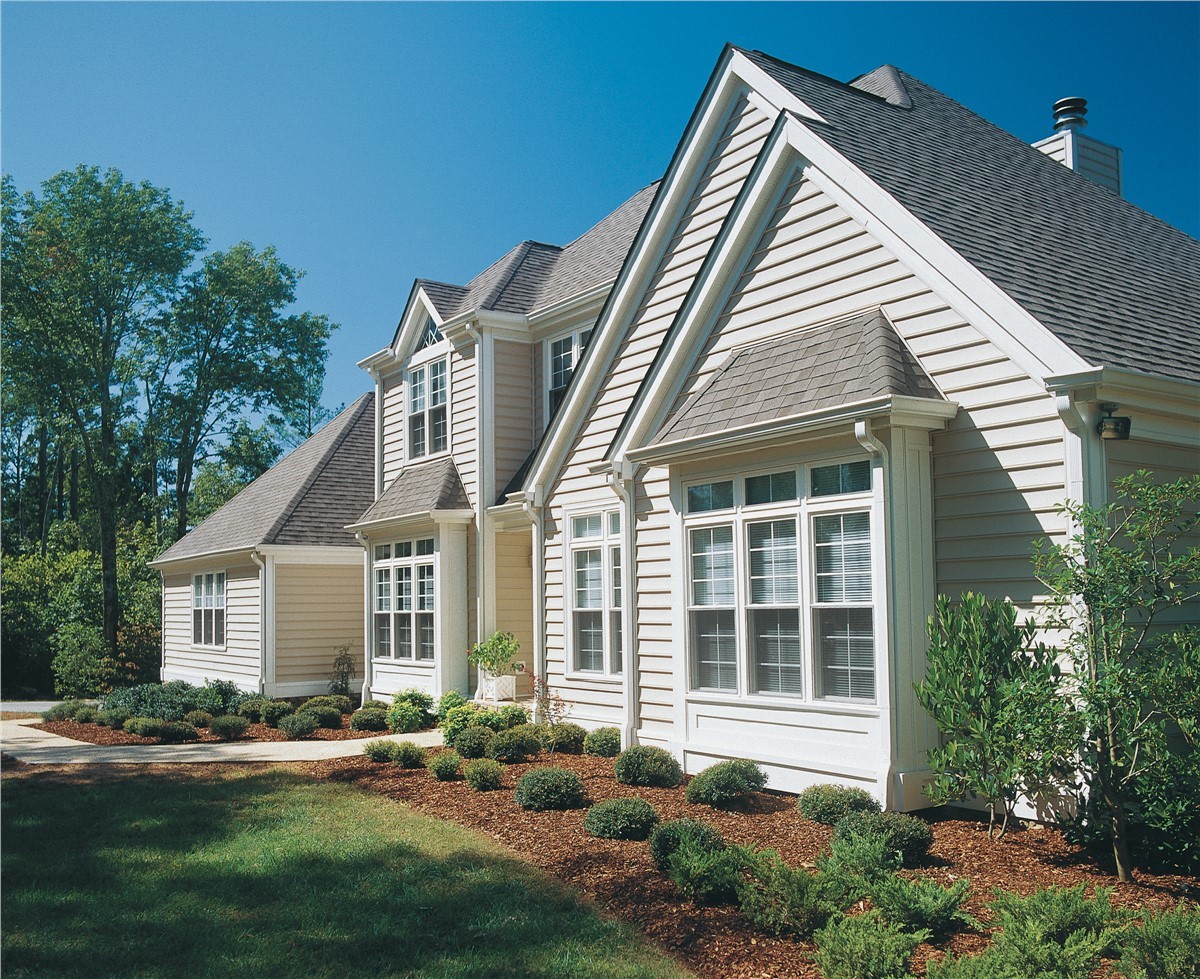
Replacing outdated siding provides great opportunity for improving your home, not just aesthetically, but also functionally. Two key benefits are noise reduction and energy efficiency, both of which are must-haves for many residents of the Midwest.
Do you want to learn more about these features and which siding types are best for achieving these benefits?
If so, you’ve come to the right place. Midwest Construction is a local siding replacement company that’s well-versed in various siding options and their benefits, and we are more than happy to pass our knowledge on to you!
Why Noise-Reducing Siding Matters
If you live in a highly populated area, then finding a solution to everyday noises from passing cars, construction, lawnmowers, and loud neighbors is a welcome upgrade. Insulated siding goes a long way toward keeping your home nice and quiet.
How does noise-reducing siding work? Insulated siding absorbs and blocks sound waves, and when paired with professional siding installation, all gaps are sealed for maximum effectiveness.
Siding Replacement Options for Noise Reduction
When noise reduction is important to you, choose siding materials with a higher density to reduce, and in some cases prevent, noise transmission. Here’s a rundown of popular siding options and how they can cut down on the racket for a more peaceful interior.
Fiber Cement Siding
Fiber cement siding is made from a mixture of cement, cellulose fibers, and sand. Not only does this provide impressive resistance to weather damage, but it also goes a long way toward insulating your home from outside noise. Generally, fiber cement siding is more insulating than standard vinyl siding and wood siding, but not as effective as insulated vinyl siding.
Vinyl Siding
Vinyl siding is one of the most cost-effective materials for exterior remodels, is easy to maintain, and can muffle general noise pollution. If your current siding is damaged or decades old, then you’re sure to notice an improvement in noise reduction when you install new vinyl siding. However, it’s best to go with insulated vinyl when you need to block frequent, loud conditions outside your home.
Insulated Vinyl Siding
When it comes to noise reduction, insulated vinyl siding is a top performer, reducing sound transmission by 39%. That’s because insulated vinyl siding features a foam backing that blocks soundwaves from getting through. This also increases the energy efficiency of your home, providing two-in-one benefits that many homeowners appreciate.
Wood Siding
Wood siding is naturally dense, providing organic insulation and noise reduction. If vinyl siding doesn’t provide the aesthetic you’re looking for, or if you want something that’s more biodegradable than fiber cement, wood siding could be the way to go. Disadvantages of wood siding are installation and maintenance costs, and there are not as many color options available as with other siding materials.
Why Energy-Efficient Siding Matters
You don’t need anyone to tell you how expensive it can be to heat and cool a home in the Midwest, so anything you can do to curb those costs is a worthy investment.
Energy-efficient siding can reduce energy costs by 10-20% depending on the brand and the effectiveness of the installation. You can also reduce strain on your HVAC, saving you money on repairs and new system installation.
How does energy-efficient siding work? Siding with insulating properties resist heat flow, keeping your home cooler in the summer and warmer in the winter. It also provides a strong barrier against drafts when installed properly.
Siding Replacement Options for Energy Savings
When comparing the energy savings of various siding options, look for the R-rating. The higher the R-rating, the more energy efficient the product. Let’s break this down further by comparing the most energy efficient siding materials on the market today.
Fiber Cement Siding
Quality fiber cement siding can provide a thermal barrier that reduces energy consumption and waste, potentially reducing energy costs by 15%. As for R-value, fiber cement siding can have an R-value of up to R-0.37, which isn’t as high as some of your other siding material options.
Insulated Vinyl Siding
When it comes to energy efficiency, insulated vinyl siding is one of the most popular options. The average homeowner reduces their yearly energy costs by 20% with insulated vinyl siding, and the typical R-value ranges from R-2 to R-4—a far better rating compared to other siding options.
Wood Siding
Wood siding provides natural energy reducing benefits, but the level of protection depends on the type of wood and the thickness of the shingles. To give you an idea, the R-value of wood siding ranges from R-0.8 to R-1.2 per inch. This outperforms fiber cement siding but doesn’t rate as well as insulated vinyl siding.
The Importance of Finding Quality Siding Installers
While it’s critical that you choose a siding material that provides the level of noise reduction and energy savings you want, choosing a professional siding company is equally important. Without precise installation, you could wind up with gaps, an uneven appearance, loose boards, and other complications.
How do you find the right Midwest siding installers? Look for the following:
- Years of Experience
- Siding Brands and Options Available
- Customer Service Awards & Professional Affiliations
- Reviews & Ratings from Previous Customers
When it comes to replacing siding using beautiful and durable products that are also noise-reducing and energy-efficient, this is where Midwest Construction comes in.
We are a local siding company with a proven track record for providing high-value products and expert-level siding installations at a fair price. In fact, we are BBB-accredited with an A+ rating and recipients of the BBB Integrity Award.
Replacing Siding in Central and North Iowa? Midwest Construction Can Help!
At Midwest Construction, we take pride in offering a wide range of insulated siding options from some of the most trusted brands in the industry. Whether you want vinyl siding, insulated siding, shake or stone siding, we can accommodate your needs.
Contact us to discuss your design and performance preferences, and we will help you find a solution that checks every box while staying within your budget!
Subscribe to Midwest Construction's Blog




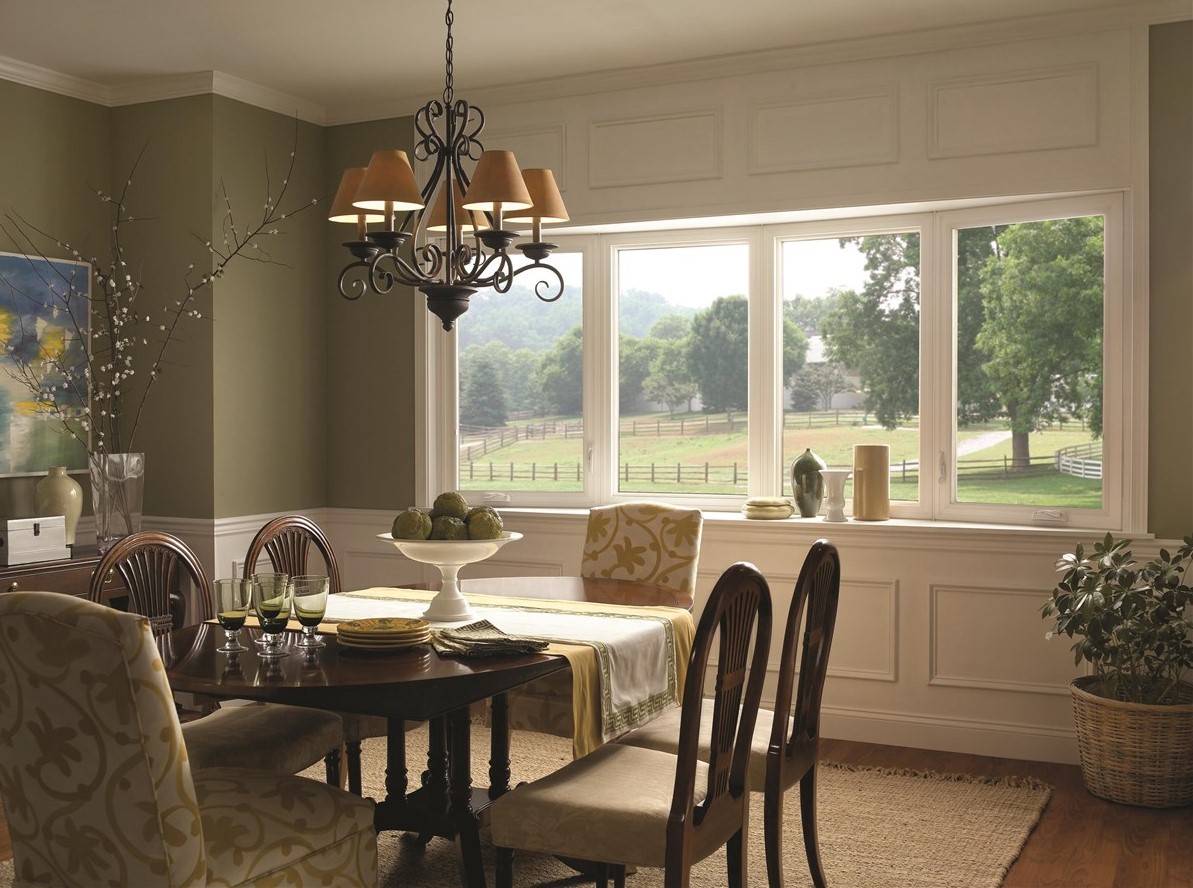
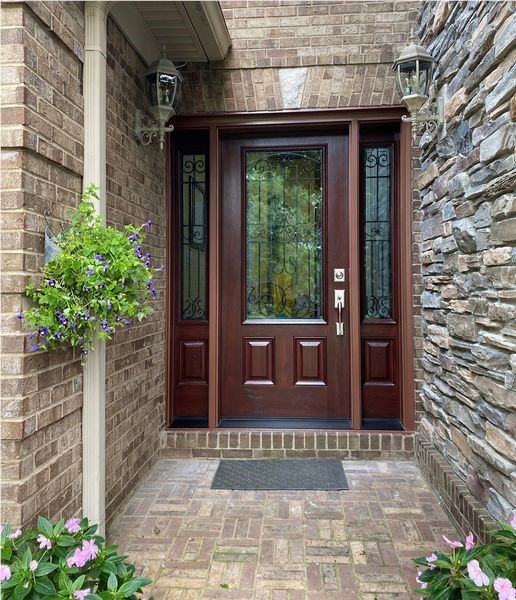
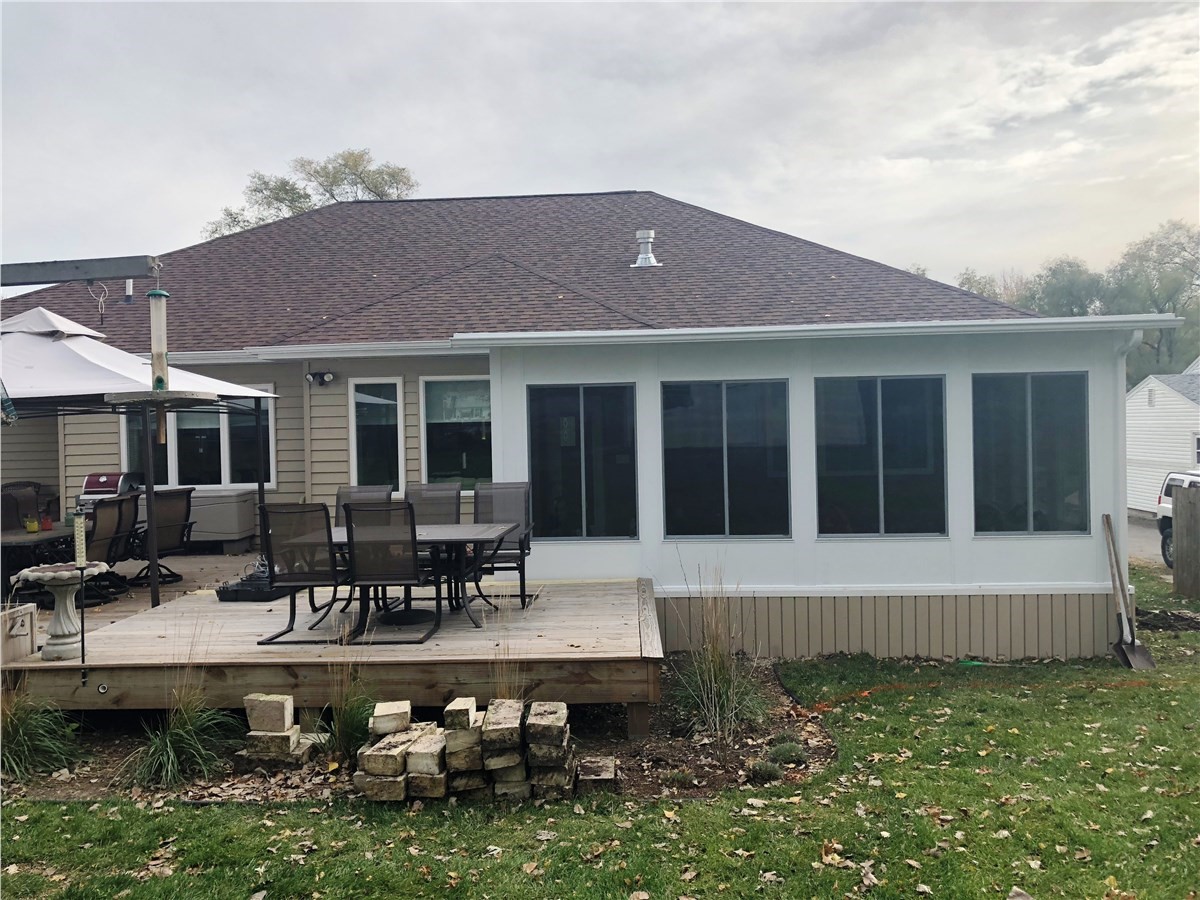
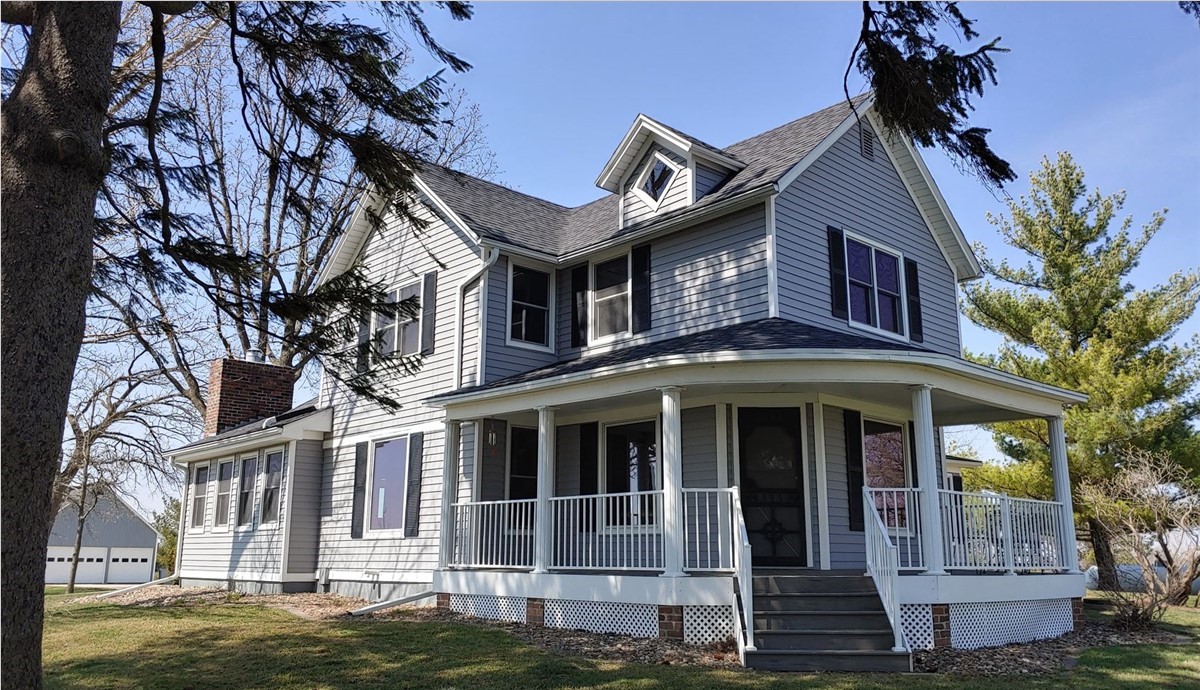

Comments